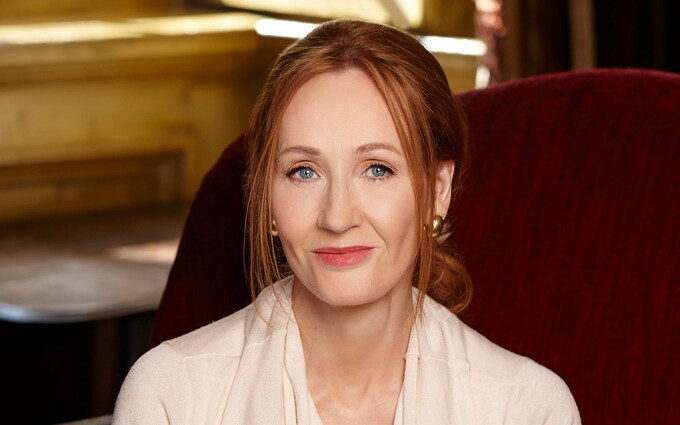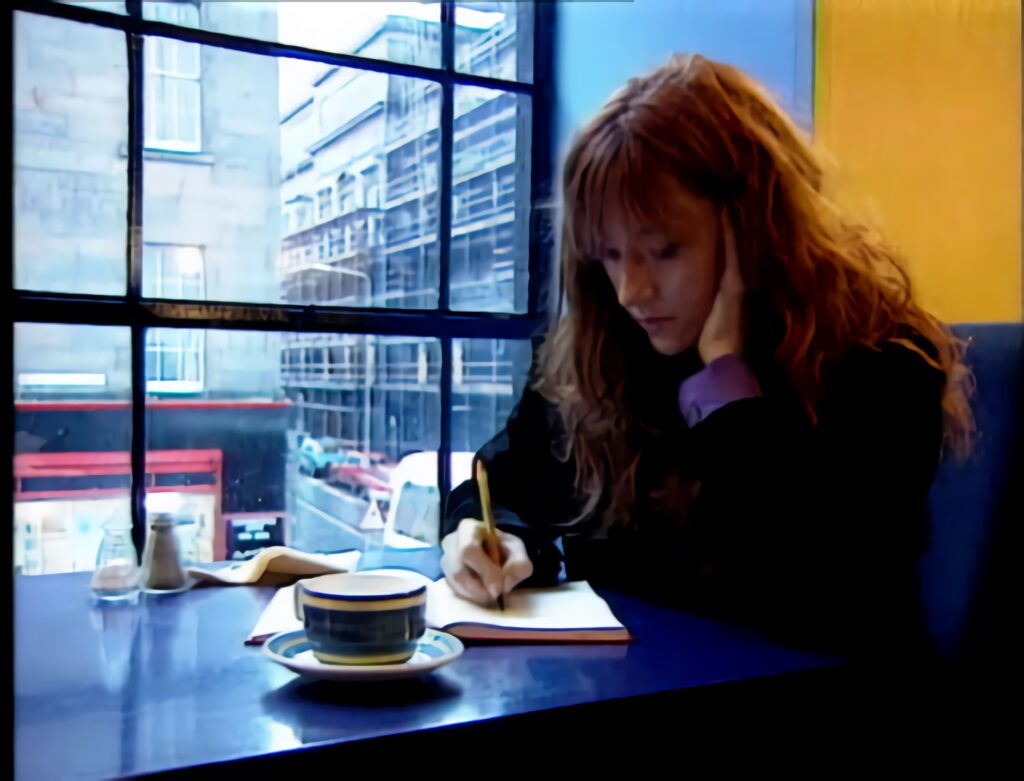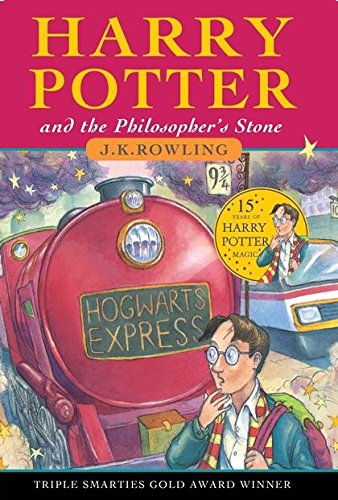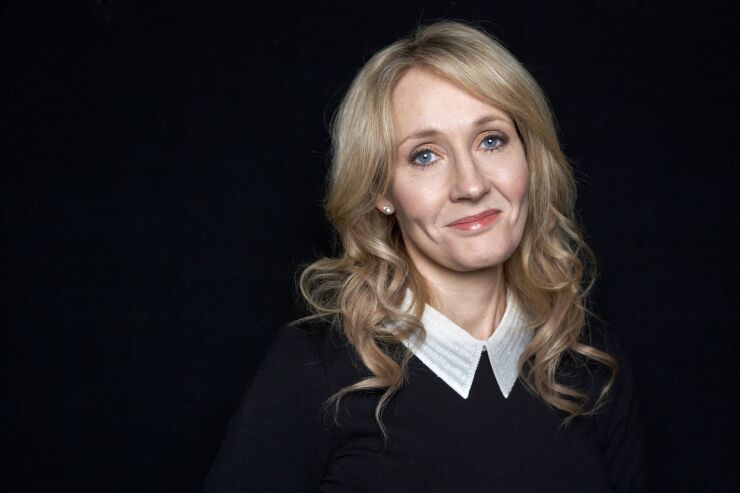J.K. Rowling on her favourite books and writers, advice for writers, overcoming rejections, and the fear of failure.

A brief overview of J.K. Rowling before delving into her own words:
| Who (Identity) | J.K. Rowling, a British author, best known for her globally acclaimed Harry Potter series and contributions to children’s and young adult literature. |
| What (Contributions) | Rowling is celebrated for creating the magical world of Harry Potter, a series of seven novels that captivated readers of all ages. These books, including “Harry Potter and the Sorcerer’s Stone” and “Harry Potter and the Deathly Hallows,” have become some of the best-selling and most beloved books in literary history. |
| When (Period of Influence) | Rowling’s influence surged in the late 1990s and early 2000s with the publication of the Harry Potter series. Her work continues to shape the landscape of children’s literature and has a global fan base. |
| Where (Geographic Focus) | Born in Yate, Gloucestershire, England, Rowling’s writing is deeply rooted in British culture, and the Harry Potter series is set primarily in the United Kingdom. However, her books have achieved worldwide popularity. |
| Why (Artistic Philosophy) | Rowling’s artistic philosophy revolves around the power of storytelling, the importance of empathy, and the exploration of themes like friendship, bravery, and the battle between good and evil. Her work encourages readers to believe in the magic of imagination. |
| How (Technique and Style) | Known for her vivid world-building, memorable characters, and intricate plotlines, Rowling’s writing style is characterized by its ability to create a sense of wonder and enchantment. She weaves complex narratives with universal themes, making her books accessible to readers of all ages. |
This post is a collection of selected quotes and excerpts from secondary sources used for educational purposes, with citations found at the end of the article.
Writing Routine
I try to start work before 9am. My writing room is probably my favourite place in the world. It’s in the garden, about a minute’s walk from the house. There’s a central room where I work, a kettle, a sink and a cupboard-sized bathroom. The radio is usually tuned to classical music, because I find human voices the most distracting when I’m working, although a background buzz, as in a café, is always comforting. I used to love writing in cafés and gave it up reluctantly, but part of the point of being alone in a crowd was being happily anonymous and free to people-watch, and when you’re the one being watched, you become too self-conscious to work.
The earlier in the day I start, the more productive I am. In the last year or two I’ve put in a couple of all-nighters on the screenplays for Fantastic Beasts, but otherwise I try and keep my writing to the daytime. If I’ve started around nine, I can usually work through to about 3pm before I need more than a short break. During this writing time, I generally manage to drink eight or nine mugs of tea. Being incredibly clumsy, prefer eating things that won’t ruin the keyboard when dropped. Popcorn’s ideal. 1
Plot Or Character
I’m most interested in character, but plot usually comes first. I need to know the broad outline of the story before I start hatching characters. Having said that, a couple of stories have grown out of a single character. Character can be plot. 2
Favourite Books & Writers
My favorite writer is Jane Austen and I’ve read all her books so many times I’ve lost count. My favorite living writer is Roddy Doyle, who I think is a genius. I think they do similar things–create fully rounded characters, often without much or indeed any physical description, examine normal human behavior in a very unsentimental and yet touching way–and, of course, they’re FUNNY.
Three books I read as a child stand out in my memory. One is The Little White Horse by Elizabeth Goudge, which was probably my favorite book when I was younger. The second is Manxmouse by Paul Gallico, which is not Gallico’s most famous book, but I think it’s wonderful. The third is Grimble, by Clement Freud. Grimble is one of the funniest books I’ve ever read, and Grimble himself, who is a small boy, is a fabulous character. 3

Advice For Writers
I knew I wanted to get published. And, in truth, writing novels is something you have to believe in to keep going. It’s a fairly thankless job when no one is paying you to do it. And you don’t really know if it’s ever going to get into the bookshops so I really did believe in it. But I was also very realistic. I knew the odds were not on my side because, an unknown author, you know? It’s tough. It’s tough the first time to get published, so I persevered. I loved writing it and I felt that I just had to try.
My feeling is, if you really want to do it, you will do it. You will find the time. And it might not be much time, but you’ll make it. Obviously if you have homework or other activities, you’re not going to have huge amounts of time but if you really want to, you’ll do it.
You have to resign yourself to wasting lots of trees before you write anything really good. That’s just how it is. It’s like learning an instrument. You’ve got to be prepared for hitting wrong notes occasionally, or quite a lot. That’s just part of the learning process. And read a lot. Reading a lot really helps. Read anything you can get your hands on. 4
This advice is especially for younger writers. You can’t be a good writer without being a devoted reader. Reading is the best way of analysing what makes a good book. Notice what works and what doesn’t, what you enjoyed and why. At first you’ll probably imitate your favourite writers, but that’s a good way to learn. After a while, you’ll find your own distinctive voice. 5
Writing The First Harry Potter Book
I’ve always written, although this [the first Harry Potter book] was the first thing I tried to get published. My circumstances then were: single parent, recently divorced, not working, very, very broke and determined to finish the book because I was about to start training as a teacher and I knew that I would have no time – no time at all to write. It was a self imposed deadline. I just wanted to finish this book and just try and get it published.
Harry Potter came to me on the train in 1990. I was sitting there just staring out of the window and the idea just fell out of nowhere – it was the purest stroke of inspiration I’ve ever had in my life.
The initial single idea was Harry. This boy who didn’t know he was a wizard, who for 11 years had made very odd stuff happen. There was plainly mystery about him but he didn’t know what it was. And that then he got the letter that told him that he had a place at Wizards school. And I just thought it would be a lot of fun to write. I had never thought of myself as a children’s writer. Everything I’d written up to then had been geared towards adults, although I never tried to get any of it published. So it chose me rather than me choosing it. I never sat down and thought “All right, let’s try and write for children now.” It was plainly a story that was going to appeal to children. 6

Writing For The Reader Or Yourself
This is a tricky question in some ways, because a writer who truly only wrote for themselves probably wouldn’t try and get published. At the same time, I agree with Cyril Connolly’s words: ‘Better to write for yourself and have no public, than write for the public and have no self.’
I certainly write ‘for myself’ in the sense that I have to write. It’s almost a compulsion. I need to do it. I don’t feel like myself if I’m not writing regularly, and I feel restless and odd if I have nothing to write, which these days is never, because I’ve got so many different projects on the go, by choice. I also write for myself in that I need to feel excited about a story to want to capture it on paper. I’m afraid I couldn’t write anything just because I knew people wanted it. The impetus always has to come from within.
On the other hand, no story lives unless someone is prepared to listen. As a writer, your highest aspiration is to touch people, to connect, to amuse or console. What could be more wonderful than hearing that your book helped somebody through a tough time? I think of the times when books have been my best consolation and source of strength, and I’m proud beyond words when I hear that anything I wrote did the same for other people. 1
Until Bloomsbury told me I was writing for nine year olds I didn’t know who I was writing for – that’s the truth. Except for occasionally avoiding a polysyllable where a perfectly good monosyllable would do, I never stopped to think about it. I write what I enjoy reading, truthfully, and I was quite interested to see what a publisher would think was the appropriate age span because I didn’t really know. 6
Harry Potter was a story that I thought children would like. It took me six months or so to get into… at first I tried too hard to write for children because I’d never tried to write anything for children before and what came out of my pen was sickening. I kept reading it and thinking, “Right, that’s patronizing, that makes me want to vomit, that’s too sickly for words,” and after six months I gave up and thought “OK you’re just going to write it for you.” 6
Writing Process
Sometimes it’s sort of a day of pure indulgence. I sit down and just let myself just write. But normally that means you’re going to hit about one and a half good ideas and the rest will be rubbish. It’s normally very, very, very finely planned – what I’m going to do that day even. I make meticulous plans in advance and I bore children rotten when I meet them and say to them, “Yes your teachers are right – plan it. You’ll never write something as good if you just sit down and ramble.” 6
I think I see things before I write them. I visualize things quite clearly and then it’s trying to express what I’m seeing. I don’t know that every writer writes like that. Now I’ve met other writers sometimes I think the words come first but with me the vision of it comes first and then I’m trying to capture that as accurately as I can. 6
I re-write endlessly. Sometimes I spend an entire day staring at a piece of paper and come away with three lines of writing. Other days I can write 2,000 words, 3,000 words and be happy with most of it. Probably the most difficult part of it is that you never can tell when inspiration is going to strike. 6

I still like writing by hand. Normally I do a first draft using pen and paper, and then do my first edit when I type it onto my computer. For some reason, I much prefer writing with a black pen than a blue one, and in a perfect world I’d always use “narrow feint” writing paper. But I have been known to write on all sorts of weird things when I didn’t have a notepad with me. The names of the Hogwarts Houses were created on the back of an aeroplane sick bag. Yes, it was empty. 3
Overcoming Rejections
Rejection and criticism are part of a writer’s life. Informed feedback is useful and necessary, but some of the greatest writers were rejected multiple times. Being able to pick yourself up and keep going is invaluable if you’re to survive your work being publicly assessed. The harshest critic is often inside your own head. These days I can usually calm that particular critic down by feeding her a biscuit and giving her a break, although in the early days I sometimes had to take a week off before she’d take a more kindly view of the work in progress. Part of the reason there were seven years between having the idea for Philosopher’s Stone and getting it published, was that I kept putting the manuscript away for months at a time, convinced it was rubbish. 5
Fear Of Failure
Failure meant a stripping away of the inessential. I stopped pretending to myself that I was anything other than what I was, and began to direct all my energy into finishing the only work that mattered to me. Had I really succeeded at anything else, I might never have found the determination to succeed in the one arena I believed I truly belonged. I was set free, because my greatest fear had been realised, and I was still alive, and I still had a daughter whom I adored, and I had an old typewriter and a big idea. And so rock bottom became the solid foundation on which I rebuilt my life.
You might never fail on the scale I did, but some failure in life is inevitable. It is impossible to live without failing at something, unless you live so cautiously that you might as well not have lived at all – in which case, you fail by default.
The knowledge that you have emerged wiser and stronger from setbacks means that you are, ever after, secure in your ability to survive. You will never truly know yourself, or the strength of your relationships, until both have been tested by adversity. Such knowledge is a true gift, for all that it is painfully won, and it has been worth more than any qualification I ever earned. 7
Fear of failure is the saddest reason on earth not to do what you were meant to do. I finally found the courage to start submitting my first book to agents and publishers at a time when I felt a conspicuous failure. Only then did I decide that I was going to try this one thing that I always suspected I could do, and, if it didn’t work out, well, I’d faced worse and survived.
Ultimately, wouldn’t you rather be the person who actually finished the project you’re dreaming about, rather than the one who talks about ‘always having wanted to’? 5
Get access to a FREE cheatsheet for this post which includes:
 Concise summary of the most powerful advice and ideas.
Concise summary of the most powerful advice and ideas. 3 creative challenges inspired by the artists’ methodologies.
3 creative challenges inspired by the artists’ methodologies.
Next up: Osho on creativity and meditation.
References and Related Resources
- J.K. Rowling Answers To Questions, J.K. Rowling Official Website
- J.K. Rowling Answers To Questions 2, J.K. Rowling Official Website
- 1999 online interview for Amazon.co.uk
- J.K. Rowling at the 2000 Vancouver International Writers’ Festival
- J.K. Rowling on writing, J.K. Rowling Official Website
- J.K. Rowling’s Interview With ITN, 1998
- J.K. Rowling’s Harvard 2008 Commencement address, Harvard Magazine
